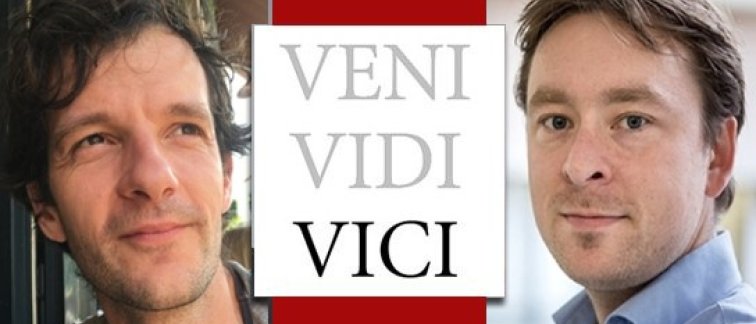Veni: Veni grants allows researchers who have recently obtained their PhD to conduct independent research and develop their ideas for a period of three years.
Vidi: Vidi grants is for researchers who have carried out several years of postdoctoral research after their PhD and have demonstrated the ability to independently generate and effect innovative ideas.
Vici: Vici grants is for senior researchers who have demonstrated an ability to develop their own line of research.
Two researchers affiliated with Amsterdam UMC will receive a Vici grant, one of the largest personal scientific grants in the Netherlands with amounts to a maximum of 1.5 million euros. A total of 12 leading scientists from the science domains of Applied and Engineering Sciences (AES) and Health Research and Care Innovation (ZonMw) received Vici funding in the Netherlands. The funding allows the laureates to develop an innovative line of research and build their own research group for a period of five years.
Prevention is better than cure
Prof. Louis Vermeulen, Amsterdam UMC/Cancer Center Amsterdam
Cancer cells improve their own conditions at the expense of healthy body cells. This is called cell competition, and it plays an important role in the development of cancer. Prof. Vermeulen and his group want to better understand and manipulate cell competition in the earliest stage of cancer to inhibit the disease from forming or progressing. This research may in the future shift care for hereditary cancer syndromes from treatment to prevention.
Immunological memory in tissue
Dr. Klaas van Gisbergen, Amsterdam UMC/Sanquin
T cells are important for our immune system because they clear infected cells and cancerous cells. Dr. van Gisbergen and his group will investigate how T cells develop and work in tumor tissue. They want to use this knowledge to induce T cells to more efficiently attack cancer cells (immunotherapy).
For more information, contact Prof. Louis Vermeulen or Dr. Klaas van Gisbergen.

